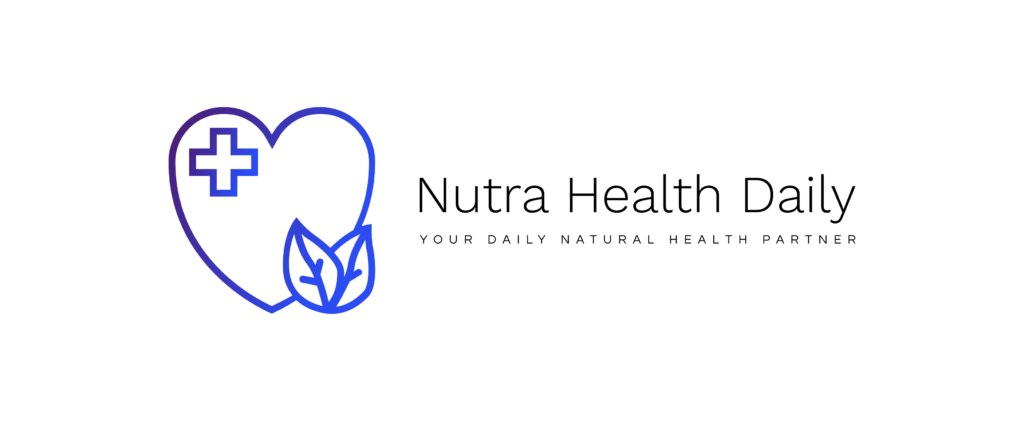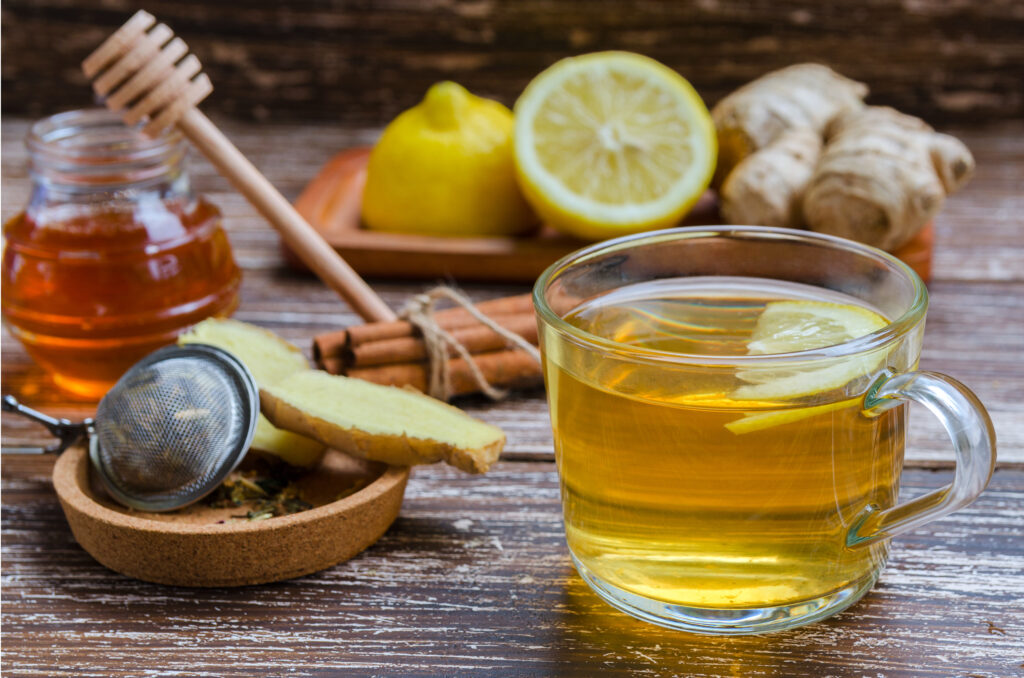Everyone has heard how critical sleep is to maintaining good health. There’s nothing more satisfying than rising from a sound eight hours later feeling rejuvenated and prepared to face the day. Conversely, there’s nothing worse than awakening from a restless night or episode of insomnia, when you’re racking your brain, tossing and turning, and wondering why you’re not able to get the “z”s like you used to. A healthy diet, melatonin levels, and bedroom illumination are just a few of the variables that affect a good night’s sleep, as 37% of British adults report suffering insomnia. People all across the world are beginning to embrace “bio-hacking,” or the manipulation of one’s own biology through an approach that combines medical, dietary, and even technological remedies, to improve their sleep. The following simple “bio” sleep tips can help you eventually obtain the rest you need:
1. Grounding is among the most effective sleep aids for insomnia.
It sounds precisely like what it is—grounding. It is the activity of laying, sitting, or standing on unmade terrain. You may feel the earth’s soothing vitality all throughout your body. Today’s market is flooded with “grounding” devices, ranging from bracelets to electric grounding mats. Many people swear by these devices and say they fall asleep immediately because of the soothing vibe.
2. Rest in a completely dark room
It has been demonstrated that exposure to light significantly affects melatonin levels. In fact, research has shown that sleeping near a light source can cut melatonin generation by 50% (1). To ensure that you’re sleeping in complete darkness, invest in some blackout curtains or put on a sleep mask.
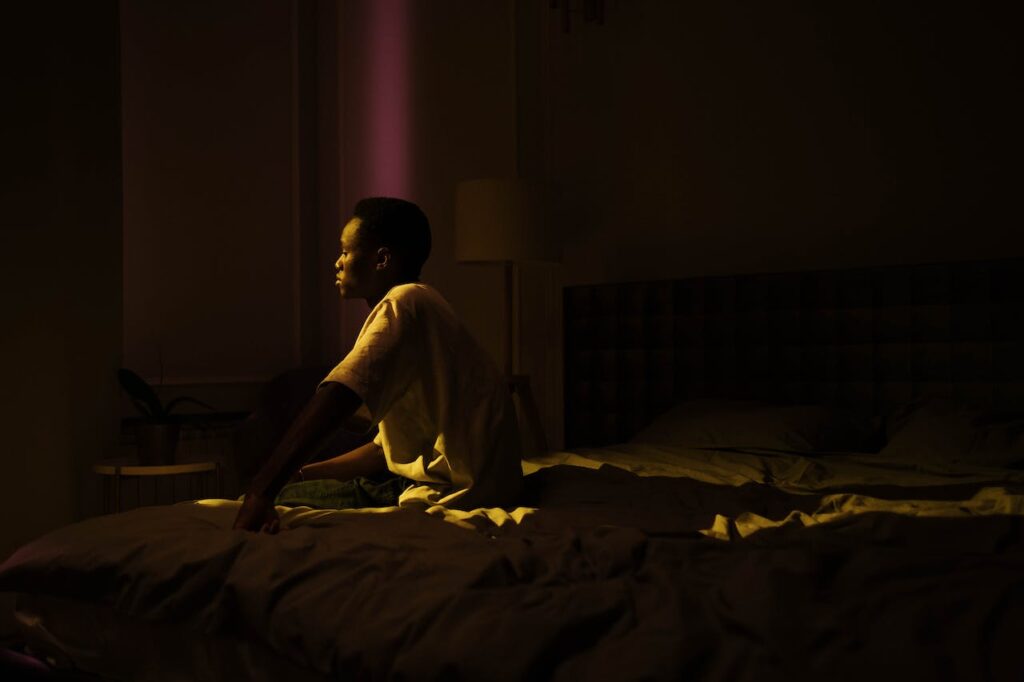
3. Before going to bed, avoid bright lighting
Additionally, it has been discovered that exposing yourself to light before bed will shorten your melatonin synthesis cycle by ninety minutes (1). If you’re the kind of person who likes to fiddle around with your computer or phone right before bed, be aware that this might seriously hinder your attempts to get a good night’s sleep.
4. Reducing caffeine intake makes it easier to biohack sleep.
It may go without saying, but avoid all forms of caffeine before bed. In fact, giving it up entirely would be a good idea if you’re having problems sleeping.
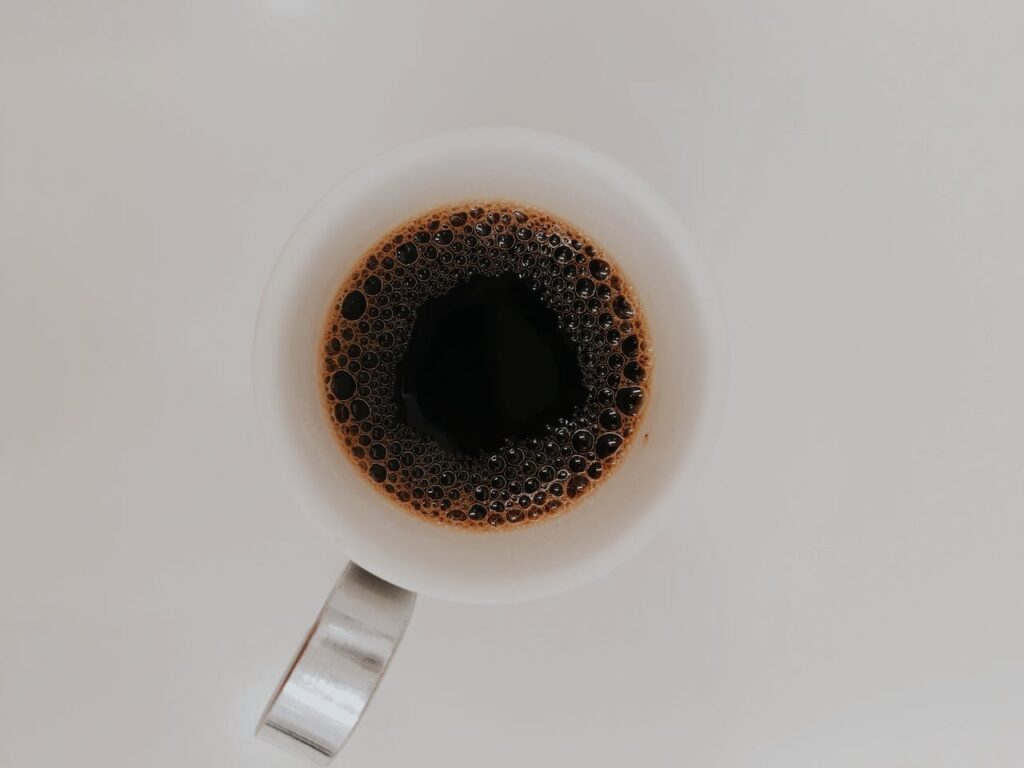
Because caffeine is a stimulant that prevents adenosine from reaching the brain, it has been scientifically shown to interfere with sleep. Our bodies naturally produce adenosine, which accumulates during the day and causes drowsiness at night. Although caffeine is fantastic for giving us a boost during the day and increasing our alertness, if it is taken after 6 o’clock in the evening, it begins to interfere with sleep.
By choosing decaf later in the day, you can biohack your way to a better night’s sleep.
5. One excellent way to get more sleep is to go to bed before midnight.
Since your body begins to naturally release cortisol around 11:00 p.m. (2), getting into bed early will help prevent you from being awakened by the cortisol surge that happens. Since cortisol is produced under stressful situations and gives the body glucose, it is not a good hormone for sleep.This energy has the ability to prepare us for “fight or flight.” On the other hand, sustained high cortisol levels result in glucose production and rising blood sugar levels, which prevent sleep.
Reduce your diet of alcohol, sugar, trans fats, and highly refined carbohydrates while increasing your consumption of lean protein and healthy fats to naturally lower your cortisone levels.
Acupuncture and deep breathing exercises prior to going to bed are other options.
6. Work out in the morning rather than at night.
You know that energy spike you get after working out well? Put it off until the morning. The mitochondria, which are microscopic organs found in our cells and are in charge of producing energy, are stimulated by exercise (3). Your body may create too much energy if you exercise at night, which could keep you up all night tossing and turning. Exercise is best done in the morning when your body truly “needs” a boost in energy.
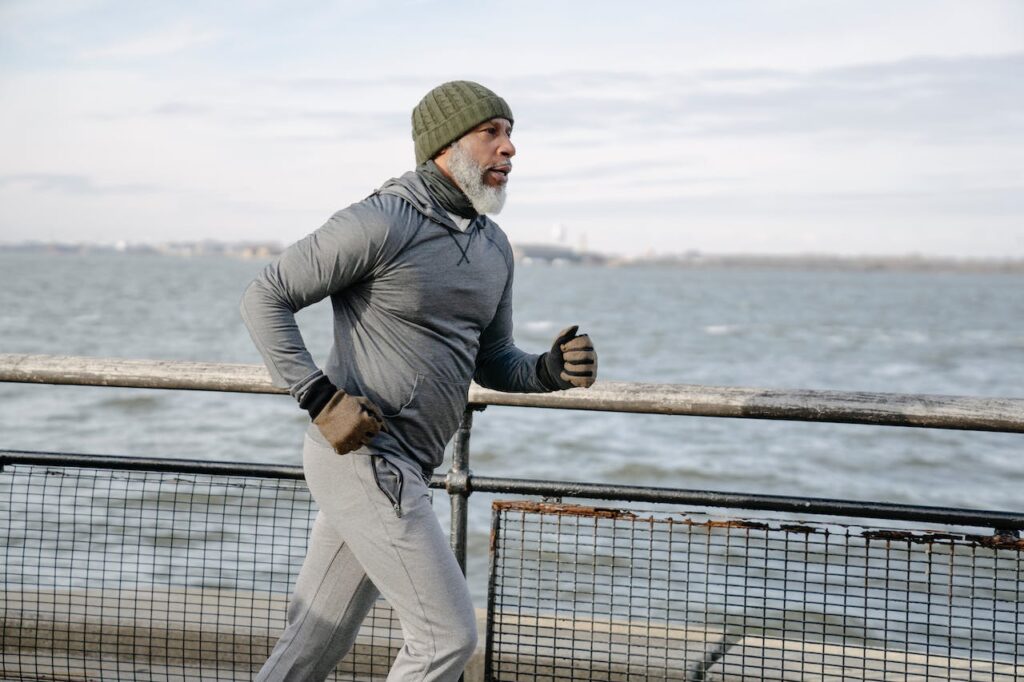
7. One of the best ways to get more sleep is to turn your phone to airplane mode.
EMF waves are starting to pose serious health risks (4). Our bodies are not adjusting to the larger and more powerful wifi networks. Any wifi-enabled device has the potential to interfere with your sleep cycles and undo any attempts at sleep hacking. Give up using your phone directly next to your bed while you sleep. Keep it downstairs or, better yet, put it in airplane mode.
8. Searching for methods to get to sleep quicker? Before going to bed, try having a teaspoon of raw honey.
At night, your brain needs a lot of energy, and it runs on glycogen that is stored in your liver. Have a teaspoon of raw honey before going to bed to give your brain a little boost.
9. Download the Flux app to increase your level of sleep hacking.
Downloading the free app Flux (5) to your computer or phone will simulate the sun’s natural setting while blocking blue light emissions from screens, which have been found to have a worse impact on melatonin generation than red light (6). It won’t be as dazzling and blue, though, if you HAVE to check your phone before going to bed.
10. Use passionflower tea to easily hack sleep.
It is well known that passion flower can ease tension and lessen anxiety. Try a little cup of passionflower tea before bed to notice how soon it slows you down if your mind races.
11. Chamomile is an ineffective remedy for insomnia
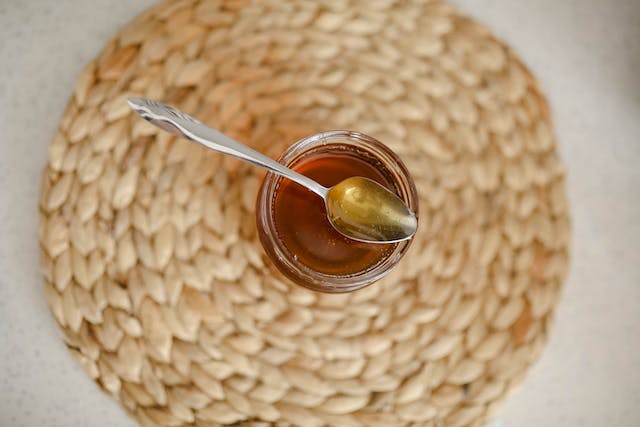
Nothing compares to the classics. With its long history, chamomile is undoubtedly one of the most widely used herbs for sleep available today. Before going to bed, consider drinking some chamomile tea or taking our Advanced Night-Time Nutrients, which includes chamomile powder.
12. Give ASMR a shot.
“Autonomous sensory meridian response” is what ASMR stands for. You may simply download and enjoy millions of ASMR videos on YouTube by using your headphones. Through your headphones, these videos play soothing noises like gentle scratching and whispering, which cause your body to tingle and become more at ease. Though it may sound a little strange, there are undoubtedly more bizarre sleep tricks out there! It functions rather well. Give it a go!
13. With the appropriate techniques, biohacking sleep is easy.
Supplementing with magnesium is a common way to biohack sleep. This is due to research showing that magnesium, at the proper dosage, is a powerful sleep aid that can help you fall asleep more quickly, stay asleep longer, and wake up during the night. Magnesium can also aid if you’re experiencing anxiety. Many folks vouch for the peaceful, restful sleep they get from taking their magnesium supplement before bed. A low magnesium level might cause twitches in your muscles, nervousness, and trouble falling asleep.
There are nine varieties of magnesium, each with unique therapeutic effects for various conditions. Selecting the ideal magnesium blend for sleep is crucial. We advise:
Oxide of magnesium
Citrate and Bis Glycerate of Magnesium
The most elemental magnesium is found in magnesium oxide, albeit at a slower rate of absorption. The absorption of magnesium citrate is quite simple. In contrast, magnesium bis-glycinate has the highest bioavailability of all the forms of the mineral and offers a high degree of absorption, allowing the effects to be felt more quickly. These magnesiums complement one another to promote sleep.
14. Using a fan in your room to biohack sleep is easy.
White noise of any kind is proven to promote better sleep (7). Using a fan or white noise machine can help muffle unexpected noises if you live in a noisy city or apartment building. In addition to cooling the room, the fan doubles as a sleep aid!
15. Consider taking a nighttime shower.
Ever hear the phrase “shower thoughts”? Why is it when we’re taking a shower that we appear to come up with our best ideas? The reason behind this is that when we take a shower, the hot steam triggers our parasympathetic nervous system, which is also known as “rest and digest.” Our body relaxes and our brain enters a state known as the “alpha state,” which is ideal for falling asleep.
16. Giving up alcohol before bed is essential for optimizing sleep.

The liver must digest alcohol extensively. Although a few drinks before bed can help you relax, your body will work overtime to process the alcohol’s toxicity, keeping you awake later in the evening. Warm milk and herbal tea is a far superior option.
17. Steer clear of large meals right before bed.
A large lunch can cause worry to last all night for those of you with sensitive nerves. Your body may experience palpitations and sweating after consuming such a large meal. Give your body time to assimilate your meal by stopping your eating by 8:00 p.m. and limiting your pre-bedtime snacking to small bites.
18. Avoid going to bed angry: this is one of the best sleep tips available.
It’s impossible for you to fall asleep when you have something on your mind. Before you go to bed, discuss your problem with a friend or loved one; otherwise, you’ll keep worrying about it.
19. Snackle a lot throughout the day.
A healthy and regulated blood sugar level is essential for restful sleep. When you go too long without eating, your body releases a lot of cortisol, which can lead to anxiety, palpitations, and racing thoughts. You’ll be fast asleep if you keep the goodies coming.
20. Write in a journal before going to sleep.
It might be quite beneficial to write down your ideas and any chores you have for the following day in order to help you relax. Just write everything down and let your thoughts come out. Your mind may now turn to what actually counts: getting some sleep.
21. Lastly, take a supplement with natural sleep aids.
In order to promote long-term sleep health, natural sleep aids like our Advanced Night-Time Nutrients work even better when paired with good sleep hygiene habits. You can regain a healthy sleep pattern by using these sleep hacks in conjunction with our sleep aid, which contains ingredients like magnesium, l-tryptophan, 5-HTP, and Montmorency cherries.

